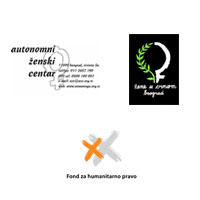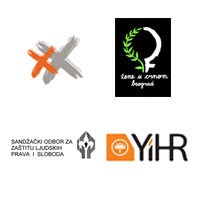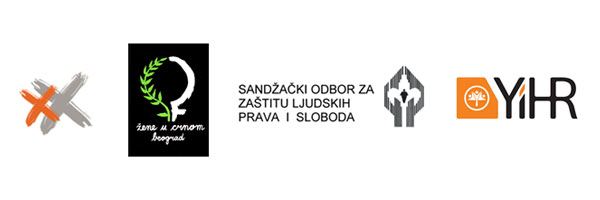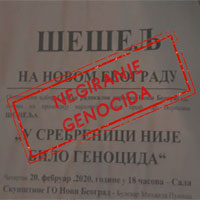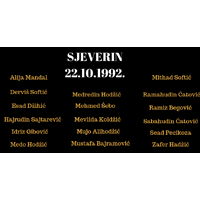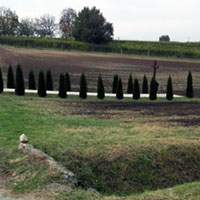The Victims to Become the Concern of the Societies and Institutions of Serbia and Croatia
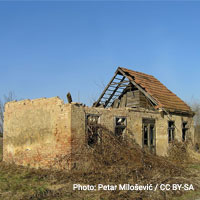
 This year marks25 years since the military and police action “Storm” (Oluja), during which Croatian military forces committed numerous crimes against Serbs living in the area of the so-called Republic of Srpska Krajina. Even after 25 years, justice for the victims of the crimes committed has not yet been achieved, responsibility for which must be carried by the institutions of both Croatia and Serbia. While the anniversary of Operation Storm continues to be celebrated in Croatia, ignoring the atrocities committed during and after that action, Serbian state representatives misuse the victims for political purposes during state-sponsored commemorations of the same event. Both states have a legal and moral obligation to change the relationship to the crimes committed during Operation Storm, and to show that the care of the victims and prosecution of those responsible for war crimes is to be a pillar of future reconciliation.
This year marks25 years since the military and police action “Storm” (Oluja), during which Croatian military forces committed numerous crimes against Serbs living in the area of the so-called Republic of Srpska Krajina. Even after 25 years, justice for the victims of the crimes committed has not yet been achieved, responsibility for which must be carried by the institutions of both Croatia and Serbia. While the anniversary of Operation Storm continues to be celebrated in Croatia, ignoring the atrocities committed during and after that action, Serbian state representatives misuse the victims for political purposes during state-sponsored commemorations of the same event. Both states have a legal and moral obligation to change the relationship to the crimes committed during Operation Storm, and to show that the care of the victims and prosecution of those responsible for war crimes is to be a pillar of future reconciliation.






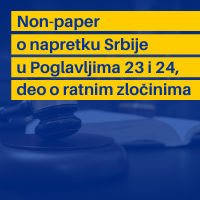
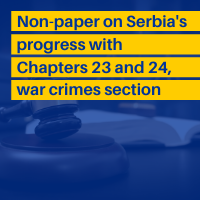 In June 2020, the European Commission (EC) announced its so-called
In June 2020, the European Commission (EC) announced its so-called 
